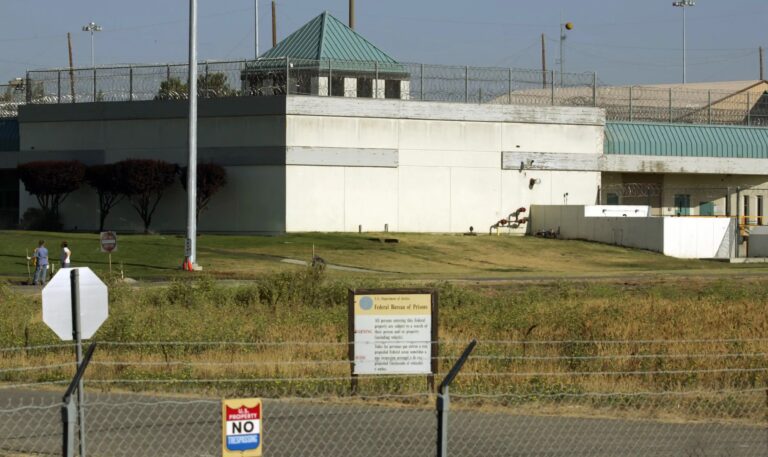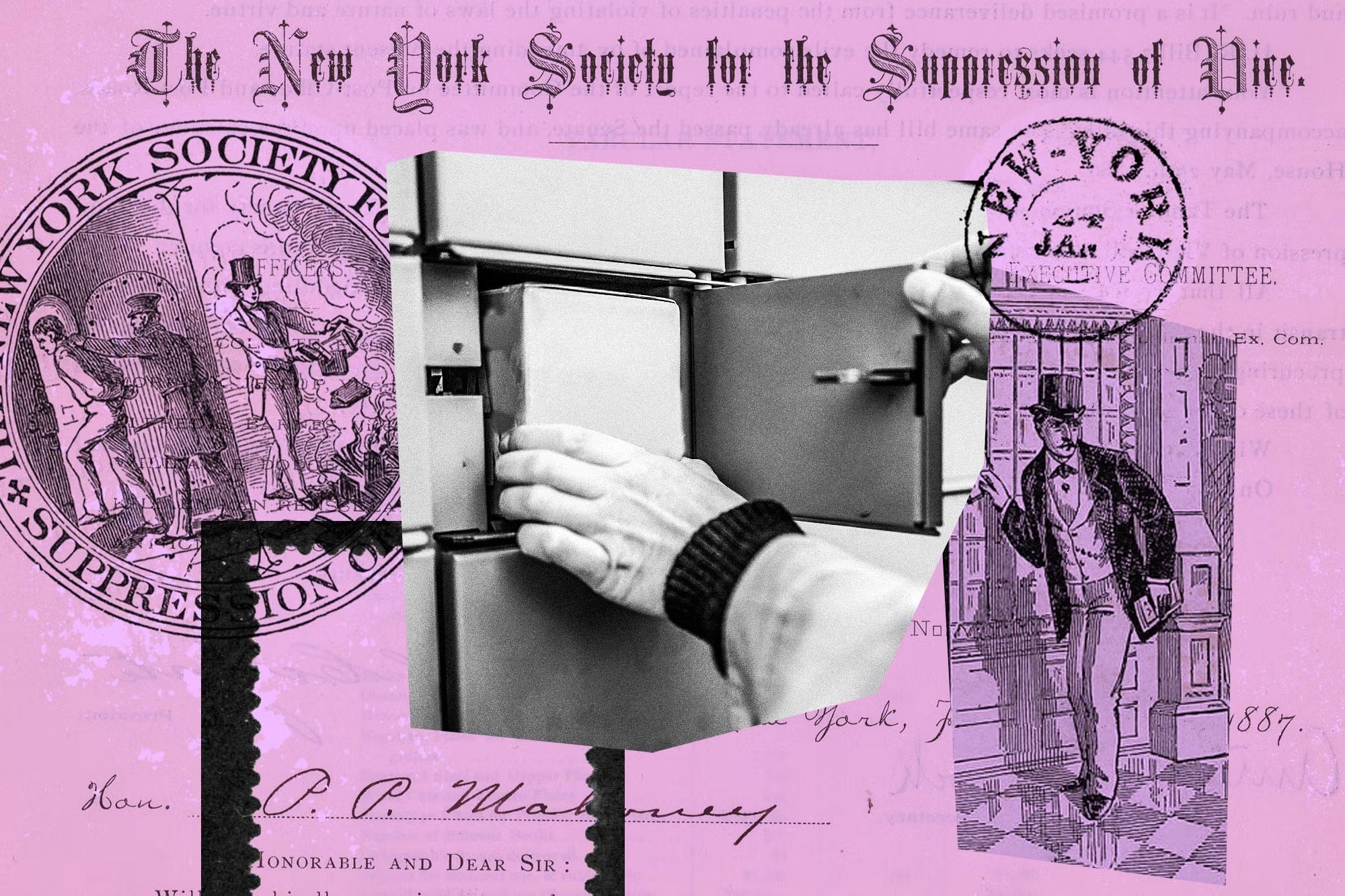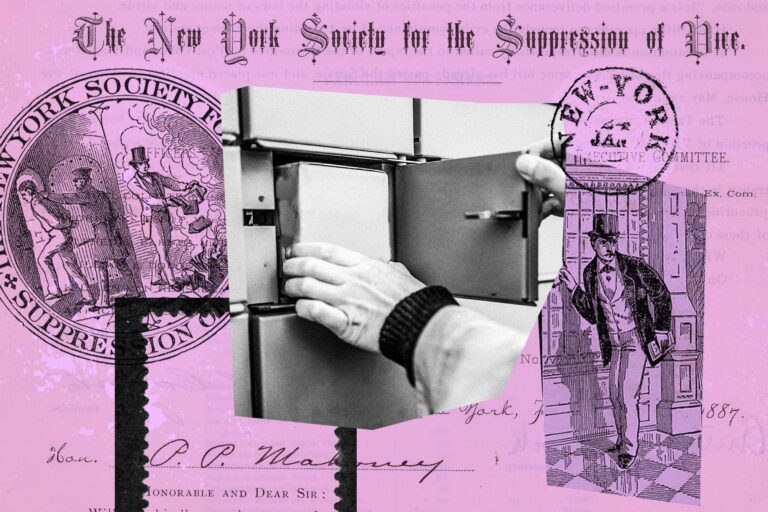Reparations podcast from UCLA Law professor
Listen To This

Listen to the newest episode of Pay the Tab
Lawyers sound the alarm on rampant sexual abuse of incarcerated women
Say It Louder

This story features Susan Beaty, a former ChangeLawyers Fellow, and California Collaborative for Immigrant Justice, a Legal Empowerment Fund grantee.
The US Bureau of Prisons (BoP) is closing a federal women’s prison in California that has been plagued by rampant staff sexual abuse of incarcerated residents.
Colette Peters, the BoP director, said in a statement to the Associated Press on Monday that Federal Correctional Institution (FCI) Dublin was “not meeting expected standards and that the best course of action is to close the facility”.
The unusual closure announcement follows a series of criminal trials of former correctional officers found to have repeatedly sexually abused women in their custody at FCI Dublin, located 21 miles east of Oakland. A 2022 AP investigation also revealed that the facility was known among staff and residents as the “rape club” due to the widespread sexual violence by officers.
Read the rest on The Guardian
SCOTUS effectively abolishes right to mass protest in 3 states
Less Of This
The Supreme Court announced on Monday that it will not hear Mckesson v. Doe. The decision not to hear Mckesson leaves in place a lower court decision that effectively eliminated the right to organize a mass protest in the states of Louisiana, Mississippi, and Texas.
Under that lower court decision, a protest organizer faces potentially ruinous financial consequences if a single attendee at a mass protest commits an illegal act.
It is possible that this outcome will be temporary. The Court did not embrace the United States Court of Appeals for the Fifth Circuit’s decision attacking the First Amendment right to protest, but it did not reverse it either. That means that, at least for now, the Fifth Circuit’s decision is the law in much of the American South.
Read the rest on Vox
Get ready for the revival of Victorian era laws
Speaking Of...
When the Supreme Court overturned Roe v. Wade in 2022, just months shy of the landmark abortion case’s 50th birthday, millions of Americans were stunned that the highest court in the land had just set our rights back half a century.
What we didn’t realize: Half a century is nothing. Less than two years after Roe fell, the conservative movement is taking women back not just 50 years. It’s rewinding the clock more than 150 years.
Case in point: Arizona’s abortion law, which is now in place statewide and which was passed 160 years ago, in 1864—when the Civil War was raging, before nearly a third of what are now the 50 U.S. states formally existed, and when women didn’t have the right to vote.
Read the rest on Slate











